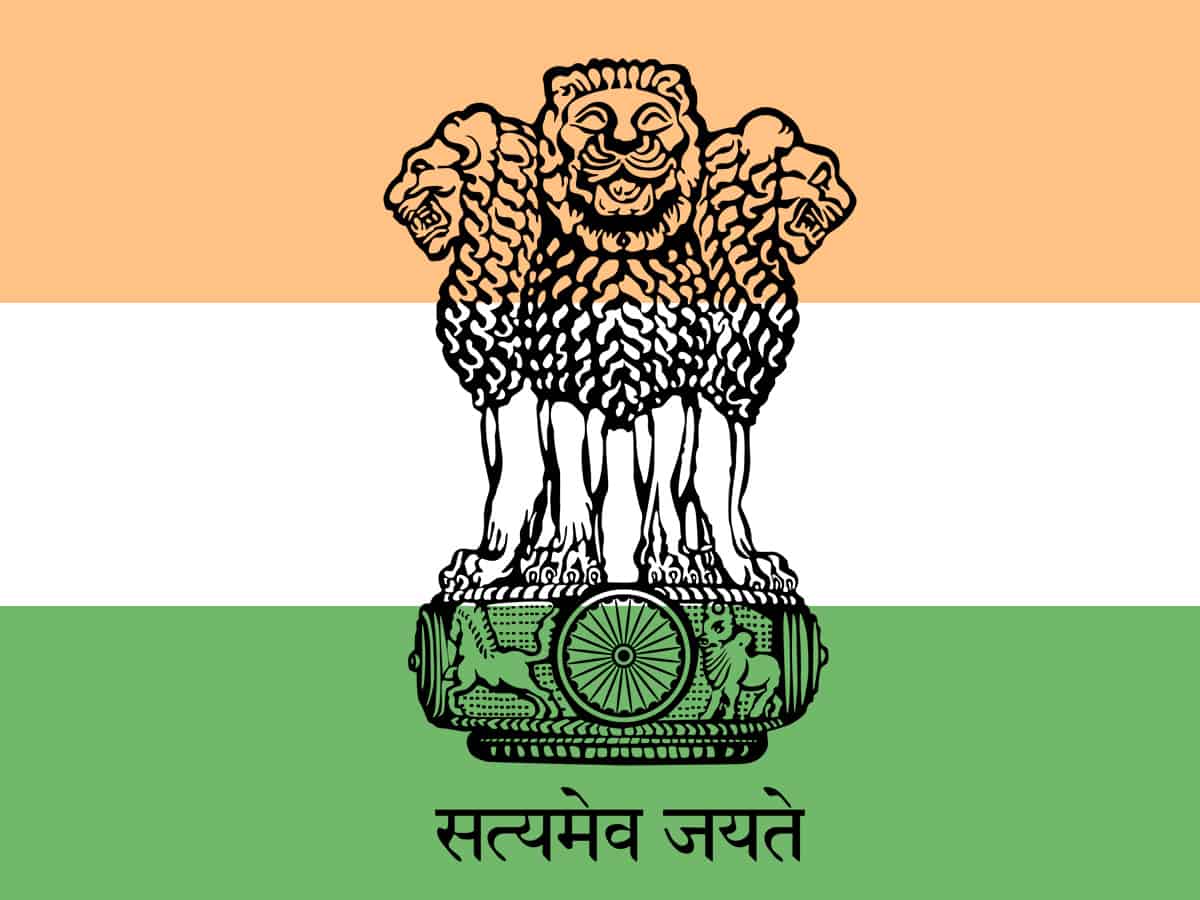Amir Ullah Khan and Netheena Mathews
Why does our government continue to treat its citizenry with suspicion? It constantly tries to regulate behaviour, either through controlling food habits or through controlling speech and dissent. The latest in the series of government actions is even harsher regulation over foreign charities. This new step further dents the image of the Indian state, making it look more and more as being wary of civil society. It does appear as if the government does not want a vibrant charitable sector that works at various developmental issues, often where the government is unable to reach.
There was really no need to add so much burden and increase the compliance cost of generating funds to the NGOs through the Foreign Contribution (Regulation) Amendment Act, 2020. Passed hurriedly during the furore in parliament around the farmers’ bills, the amendments seek to place greater demands on the functioning of NGOs receiving foreign funds. While NGOs see this as an extension of the NDA’s deep distrust of civil society organisations, the government said it was necessary to prevent the misuse of foreign funds, the inflow of which doubled between 2010 and 2019. Home Ministry data shows that during the financial year 2017-18, foreign contribution received amounted to Rs 16,881 crore.
Foreign Contribution (Regulation) Amendment Act, 2020
Besides bringing public servants too under the law, the Foreign Contribution (Regulation) Amendment Act, 2020, effects a blanket ban on transfer of received foreign funds from organisations with an FCRA licence in any manner. This was previously allowed with caveats. Among other provisions, it calls for a drastic cut on the cap on received funds that can be utilised for administrative expenses from 50 percent to 20 percent. Administrative expenses include those incurred for report-writing and filing, travel, hiring of personnel and payment of salaries, utilities, accounting and administering of funds, among others. The amended act allows the central government to initiate a fresh scrutiny into the applicant’s activities every five years when it applies for renewal of its FCRA licence. While mandating the verification of Aadhar cards of all office-bearers and key personnel of the organisation, it also allows receipt of such funds only in an account designated as “FCRA account” in a branch of the State Bank of India, New Delhi.
How Does This Affect NGOs?
Though the call for greater transparency and accountability has been lauded, several NGOs decry the amended law as one that presumes guilt on their part. They fear the ban on sub-granting will also adversely affect collaborative research with smaller organisations. The amended FCRA is expected to result in the closure of several small NGOs and hamper the spirit of partnership and collaboration that is essential for achievement of the sustainable development goals.
NGOs have expressed concerns over the reduced cap on administrative expenses that would take away the livelihoods of those working in small and large organisations, eventually affecting their ability to attract good talent in development sector work. The cap is also expected to add on to the compliance burdens of NGOs. A study done by Centre for Social Impact and Philanthropy (CSIP) shows that 93% of NGOs with FCRA licences were outside Delhi. The new law will require about 20,000 NGOs across India to open pass-through bank accounts in the capital.
All Political Parties Have Benefitted
That the FCRA has been used by both ruling dispensations to protect its interests is quite evident through the years. The Foreign Contribution (Regulation) Act came into being in 1976 during then Prime Minister Indira Gandhi’s attempt to clamp down on rival political parties, the media, and cartoonists, in particular.
The UPA government brought in the stricter Foreign Contribution (Regulation) Act, 2010, and the Foreign Contribution (Regulation) Rules, 2011. The law, which had until then only mandated NGOs receiving foreign funds to register for an FCRA licence, made it compulsory for them to renew the same every five years. It also allowed them to utilise only 50 percent of incoming foreign funds for administrative expenses. The rules expanded the definition of those covered by it to include organisations and collectives of a political nature like trade unions, farmers’ outfits, etc, and government servants, among others.
The UPA targeted civil society groups and NGOs that supported the anti-nuclear protests using the FCRA laws. When the Delhi Hight Court raised questions in 2014 over foreign funding received by both the Congress and BJP from London-based Vedanta group, the latter brought in an amendment in the 2016 Finance Bill to circumvent this. Then in 2018, the BJP changed the law to exempt from public scrutiny the foreign contributions received by political parties from as early as 1976.
Civil society organisations and NGOs in India have traditionally played a large role in filling gaps in governance and delivery of services. This was even more apparent during the coronavirus pandemic, when several of these groups rushed to support the working class and first-line defenders even when the government could not. It would be foolish on part of the government to ignore the diversity of a valuable sector while placing huge demands on them on account of safeguarding national interests. Much like demonetisation, the amended FCRA law has been fuelled by suspicion and the presumption of guilt. It can be likened to the act of draining the lake to catch the crocodiles, while killing all the fish in it.
Amir Ullah Khan and Netheena Mathews are researchers at Centre for Development Policy and Practice
@khanamirullah
Skype amirullahkhan Mob: 9871322477

